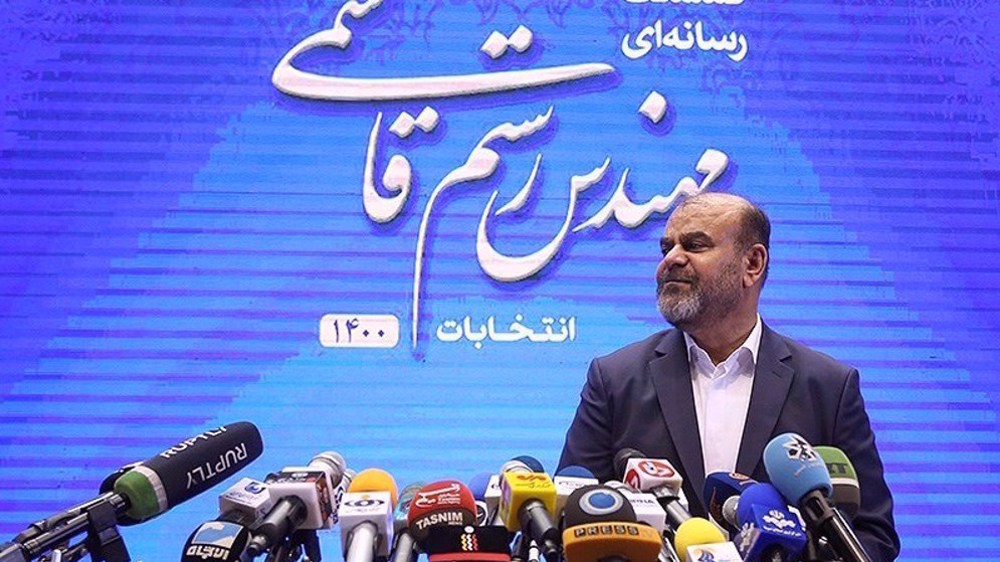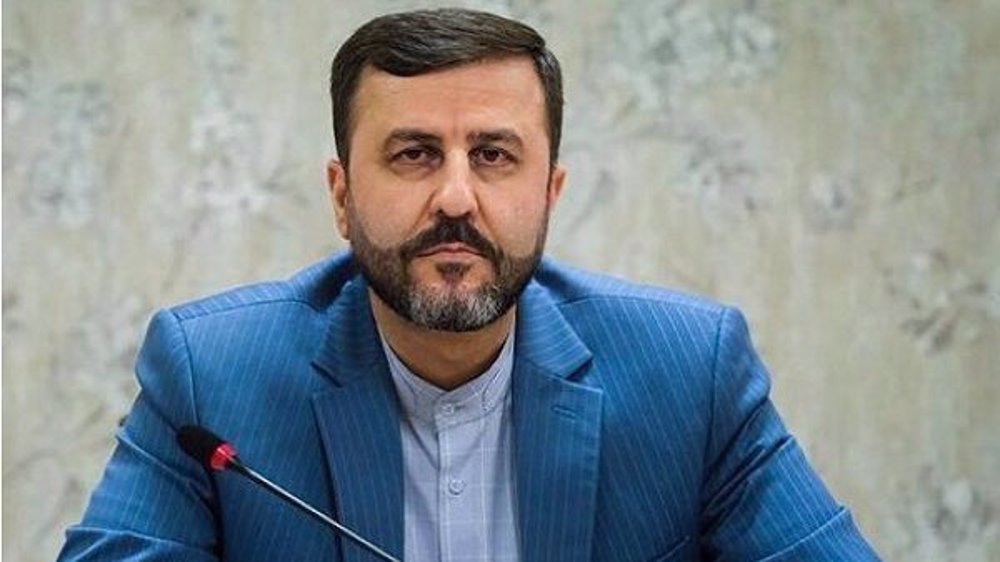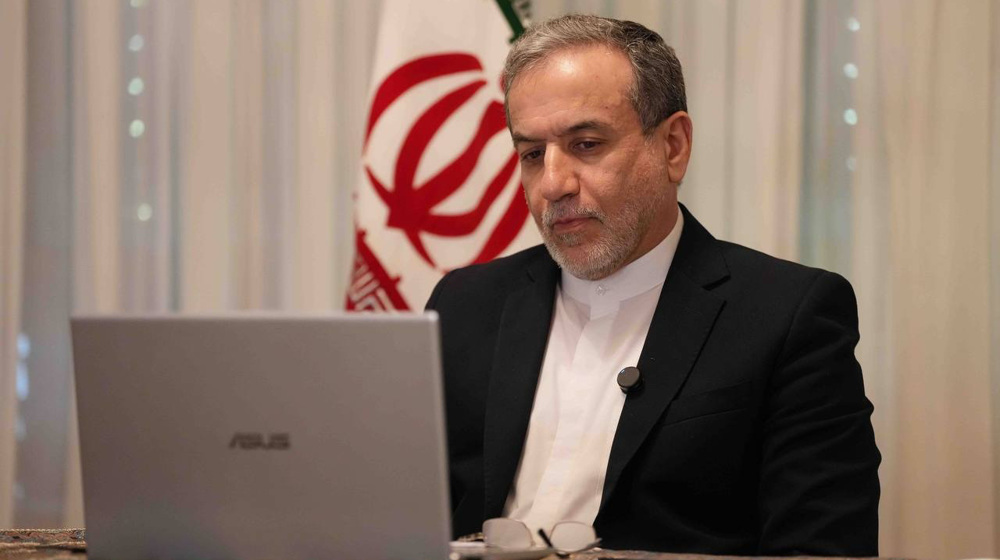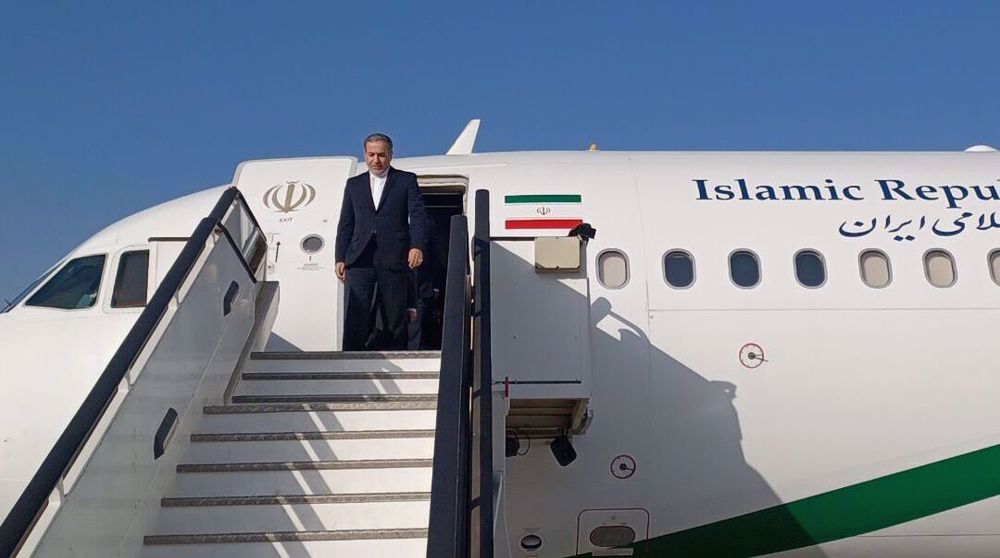Iranian presidential hopeful Rostam Qassemi says sanctions removal to be his top priority
Rostam Qassemi, a former Iranian oil minister who hopes to run in the 2021 presidential election, says the economy and elimination of sanctions will be the top priorities of his administration if he is elected president.
Candidates vying to replace President Hassan Rouhani in the June 18 election agree that the economy is Iran’s most pressing issue at the moment, even though they might have different views on how to steer the economy toward recovery.
Qassemi, 57, says one of his main responsibilities when he ran the Ministry of Petroleum (August 2011-August 2013) was to find ways around the sanctions so that the country could sell its oil. That experience, he argues, will place him in an excellent position to deal with the economic sanctions at the executive level.
“My first priority is the removal of sanctions,” he said in an interview with the Shargh Daily published on Thursday (May 6). “During my tenure at the Ministry of Petroleum, I was responsible for circumventing the sanctions. At the time, UN, EU, and US sanctions were in place against Iran, which were the toughest of sanctions.”
“I am well aware of the severe consequences that sanctions impose on the country,” said Qassemi, who was commander of the Islamic Revolution Guards Corps (IRGC)’s Khatam al-Anbiya Construction Headquarters before becoming oil minister.
Iran negotiated a landmark nuclear agreement with world powers in 2015, officially known as the Joint Comprehensive Plan of Action (JCPOA), under which Tehran agreed to limit its nuclear program in return for relief from economic sanctions.
However, the United States, under former President Donald Trump, unilaterally withdrew from the deal in 2018 and reinstated those sanctions. The Republican president went on to impose many additional sanctions as part of a multi-pronged campaign of “maximum pressure” against the Islamic Republic.
A year later, Iran started scaling down the implementation of some of its own obligations under the deal in response to the US withdrawal. That happened in accordance with the provisions of the deal that addressed the options of a party in the event of a major non-performance by another signatory.
President Joe Biden, a Democrat, has said he wants to return to the UN-endorsed deal.
Iran and the remaining signatories of the JCPOA — Britain, France, Russia, China, and Germany — have been negotiating in Vienna since April 6 in an effort to revive the agreement.
The talks have largely focused on finding a way for the United States to return to compliance with the accord, which Iran insists would not be possible unless all sanctions — imposed, re-imposed, or relabeled since 2015 — are first removed in a verifiable manner.
Qassemi outlined three policy options he would pursue with regard to the sanctions.
The first priority, the candidate said, would be to try to get the sanctions removed. “Have no doubt, those who oppose the lifting of the sanctions have no idea how the country is doing.”
“Second, if the sanctions are not lifted for any reason, we must be able to confront them,” Qassemi said, while acknowledging that the circumvention of sanctions should not be viewed as a long-term policy because it is both costly and risky.
Qassemi said that the third policy option, in case the other two were to fail, would be to try to render the sanctions ineffective. “Now, suppose that the sanctions are not lifted in the long run… [Since] the sanctions cannot be circumvented for a long time either… we must move towards making them ineffective,” he noted.
Asked about what he thought of his chances of getting elected, Qassemi said he did not consider the election to be “based on luck,” urging the Iranian voters to judge the presidential candidates by the measure of their public record and plans.
In announcing his bid last week, Qassemi said he would run as “a candidate for all,” indicating that he had no political affiliation. The former oil minister is, however, generally seen as a Principlist figure.
VIDEO | Press TV's news headlines
VIDEO | Palestine Film Days opens in Vienna
VIDEO | Yemeni health workers protest Israeli atrocities in Gaza, Lebanon
VIDEO | Violent clashes erupt in Pakistan as Imran Khan’s supporters demand his release
Israel carries out fresh airstrikes on Syria
Biden: Israel-Lebanon ceasefire will come into effect today
Israeli minister: Ceasefire deal with Lebanon doesn’t achieve war's goals
Iran’s non-oil exports up 18% y/y in 8 months to late Nov: IRICA










 This makes it easy to access the Press TV website
This makes it easy to access the Press TV website